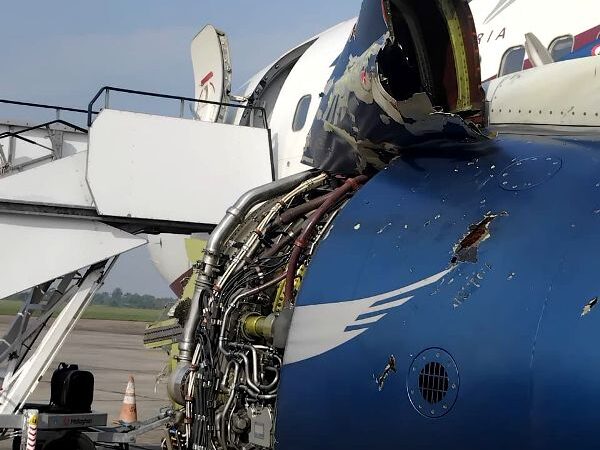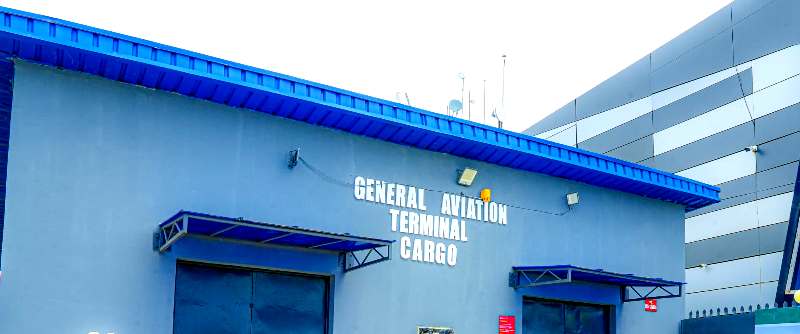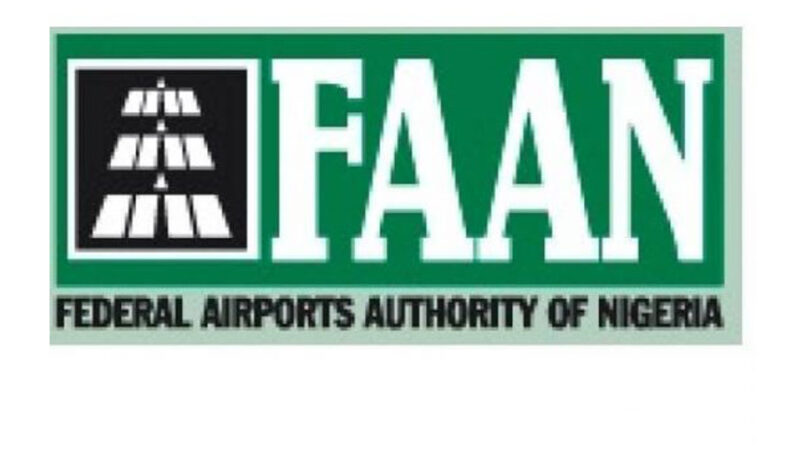Nigeria’s Aviation Sector: President Bola Ahmed Tinubu, Honourable Minister Keyamo’s Revolutionary Impact

In a country where infrastructure development often grapples with the chains of bureaucracy and delays, President Bola Ahmed Tinubu is taking significant strides towards progress. With a dynamic and results-oriented Minister of Aviation and Aerospace Development, Festus Keyamo (SAN) at his side, Tinubu’s administration has embarked on a transformative journey. The recent approval of major aviation projects by the Federal Executive Council (FEC) signals a new era, one that promises to elevate Nigeria’s air transport system for generations to come.
President Tinubu embodies the essence of pragmatic governance, driven by the belief that the government’s fundamental role is to solve challenges, not create them. This philosophy has paved the way for revitalizing long-overlooked aviation infrastructure. After extensive consultations and collaborative discussions among stakeholders, the FEC has taken a bold step by approving a series of ambitious aviation infrastructure projects. If executed effectively, these initiatives can modernize our airports and firmly establish Nigeria as West Africa’s leading aviation hub.
Since assuming office, Minister Festus Keyamo has injected fresh energy, technical acumen, and transparency into the Ministry of Aviation. From day one, Keyamo recognized that aviation represents more than just runways and terminals. It stands as the foundation of economic integration, tourism, logistics, and our national reputation. His leadership has been marked by thorough project evaluations, renewed bilateral air service agreements, active stakeholder engagement, and the successful securing of FEC approval for groundbreaking infrastructure investments.
Among the significant projects that have received approval are completion and upgrade of terminal facilities at key international airports, including Lagos (MMIA), Abuja (NAIA), Port Harcourt (PHIA), and Kano (MAKIA). These upgrades will enhance terminal capacities, improve passenger flow, and align airport infrastructure with international standards.
The approval includes installation of modern navigational aids and runway lighting systems to boost flight safety and enable 24-hour operations at airports such as Enugu, Ilorin, and Benin, rehabilitation of airfield lighting at MMIA and NAIA to support advanced landing systems, reducing delays in poor visibility, development of aerotropolis projects that integrate airports with economic zones, fostering cargo operations, business parks, hospitality facilities, and seamless transport interconnectivity, procurement of firefighting and safety equipment to enhance Nigeria’s emergency response capability and comply with international safety standards/ICAO Annex14, expansion of cargo and MRO Facilities to draw in Maintenance, Repair, and Overhaul investments, bolstering aviation exports, strengthening aviation security capacity through modern screening equipment, biometric access controls, and secure perimeter technologies.
These initiatives extend beyond mere infrastructure they represent focused steps toward crafting a safe, secure, and efficient aviation ecosystem capable of propelling Nigeria’s economic diversification efforts and boosting investor confidence.
This isn’t the first instance of President Tinubu demonstrating strong political will to revitalize essential sectors. His background in financial management and economic strategy is evident in his governance style. With a clear aviation roadmap aligned with national plans and long-term visions, he has brought a level of foresight that is commendable in the realm of political leadership.
Under his guidance, the aviation ministry operates on a performance-driven model. Projects are no longer awarded based on patronage. They undergo rigorous evaluations to ensure value for money through the bureau of public procurement mandate. This shift has infused transparency and credibility into a ministry that previously faced criticism for inefficiencies and gross corrupt practices.
Minister Keyamo’s approach has been thorough, advocating for lasting reforms. He emphasizes the importance of developing human capital within the aviation sector and is actively reviewing outdated bilateral air service agreements, all while opening discussions with the private sector on Public-Private Partnership (PPP) frameworks to alleviate the financial burden on the government such like the recently approved concessioned Enugu Airport.
The approval of these projects isn’t just a checklist of budget commitments. It reflects a strategic vision where aviation serves as a catalyst for development. In a world that is increasingly interconnected, Nigeria must stay competitive and relevant.
If these projects are implemented as intended, travelers can anticipate shorter wait times at airports, safer, more reliable domestic and international flights, reduced operational costs for airlines, job creation in various sectors including logistics, construction, and aviation services, enhanced tourism and increased foreign investment, improved regional connectivity throughout West Africa the Sahel and the world at large.
In practical terms, this translates to more opportunities for ordinary Nigerians, whether you are a businesswoman flying from Port Harcourt to Accra or a student returning from the UK, you will experience noticeable improvements in comfort, speed, and confidence when travelling.
President Bola Ahmed Tinubu and Minister Festus Keyamo have rekindled hope in the aviation sector. Their efforts ground the industry in policy, elevate it through execution, and infuse it with vision. The FEC’s approval of these aviation projects marks a pivotal moment for the industry.
In an era when citizens yearn for tangible leadership, these two figures are demonstrating that action speaks louder than mere rhetoric. With the runway illuminated, the aircraft ready for takeoff, and the nation poised for flight, it’s time for all stakeholders, professionals, and citizens to rally behind this vision and help engrain this legacy of infrastructure excellence into Nigeria’s path toward greatness and actualization of Renew Hope Agenda of President Tinubu Administration with the mandate mantra.
Written By Engr. Oyeyemi Okekunle Okewuyi, Assistant General Manager, Murtala Muhammed Airport (FAAN)






